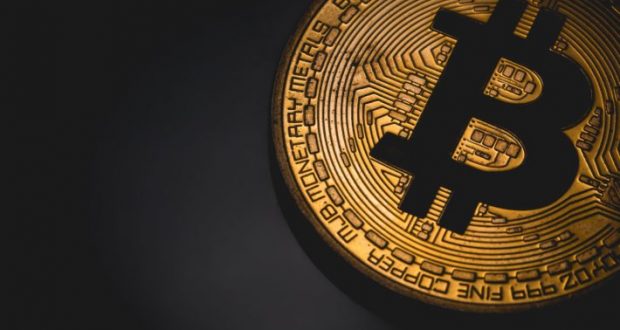Bitcoin is a form of digital currency created and stored electronically. There is no central authority that controls it. Bitcoins aren't printed, like dollars or euros – they're produced by cryptography and miners on the network use computing power to keep the protocol running.
Bitcoin is the first example of a growing category of money called cryptocurrency. It is possible to buy things electronically with Bitcoin. In that sense, it's like conventional Dollars, Euros and Yen, which are also traded digitally.
The main characteristic that differentiates Bitcoin from conventional money is its decentralized nature. No single institution controls the network. It puts some people at ease because a large bank can't manipulate their money. But it also means no one is in charge if something goes wrong.
If you want to know more about how Bitcoin works, check out tour 5 key facts.
No Single Entity Owns Bitcoin
Bitcoin is the first ever currency to be issued by a King or government. Moreover, sending or receiving Bitcoins does incur small fees compared to their FIAT counterparts.
Bitcoin is a digital currency that is not owned by any single entity. Instead, a network of computers maintains and verifies it. As a result, it is impossible to manipulate the system to their advantage. A global community of users owns Bitcoin, which runs on the internet and has no central point of failure or control.
You Can Spend It Online
Since Bitcoin is digital cash, merchants have started accepting the currency. These include many industries from travel to online gaming. Today, you're able to use Bitcoin to bet on sports events, and because of its anonymous nature, it's popular in places where gambling is prohibited like the Middle East.
So Arabs who wish to play table games like blackjack or roulette can use it as a safe payment method. What's better is that platforms help find the best gambling sites. These comparison websites aid players in finding the top welcome bonuses and even provide top-notch reviews. In addition, advice is given on how to play legally, to keep you safe when playing online.
It's Anonymous But Not Completely Private
A public ledger called the blockchain records Bitcoin transactions, which anyone can view at any time. But by default, all users hide real identities behind pseudonyms known as "wallets." While this makes it possible to buy something completely anonymous, it also means that any purchase you make will be associated with your wallet address.
The miners verify the public ledger and solve complex cryptographic problems to add blocks to the blockchain. Each block contains information about multiple transactions and their input and output values.
It is impossible to change the blockchain without redoing all previous work by miners on top of all new work done after making changes. It makes it extremely difficult to tamper with the blockchain once it has been established.
It's Not Just About Money
Bitcoin is not just about money; it's also a technology that has the potential to transform the world. Among the advantages of using cryptocurrency is that it's also popular among investors who see it as a hedge against inflation.
The Bitcoin network has many uses beyond transferring funds between individuals and companies. It allows for the creation of new kinds of financial contracts and decentralized applications that do not rely on centralized servers or third-party trust.
It Has No Intrinsic Value
Bitcoin has no intrinsic value apart from what individuals believe it is. There is no gold backed against it or other commodities, so its value depends on what people think it's worth at any given moment. It may have some intrinsic value due to its scarcity, as there's only ever going to be 21m Bitcoins in existence.
Learn Some Facts About Bitcoin
Bitcoin is a form of currency that's entirely digital and doesn't exist in physical form. You can "mine" Bitcoins by using your computer to solve complex math problems or buy them from an exchange. Bitcoin uses peer-to-peer technology to operate with no central authority or banks; managing transactions and the issuing of bitcoins is collectively by the network. In addition to being open-source, Bitcoin's design is public and everyone can participate. Due to its unique properties, Bitcoin allows exciting uses that were impossible with previous payment systems.
 You, Me, and BTC Your Liberty & Bitcoin Podcast
You, Me, and BTC Your Liberty & Bitcoin Podcast





